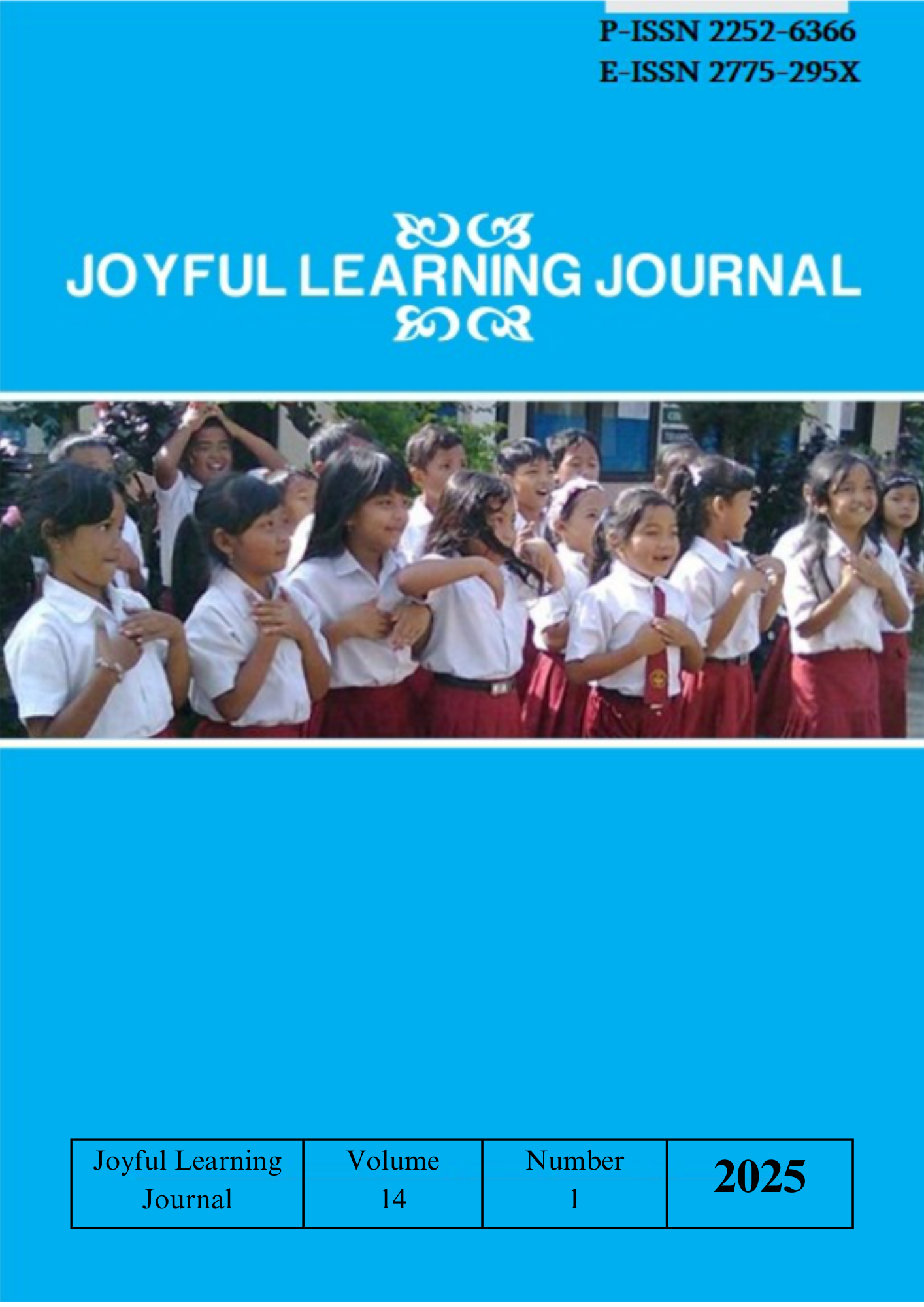Hubungan Working Memory dengan Metalinguistik Siswa Kelas 2 Sekolah Dasar
Keywords:
Reading Fluency, Working Memory, Meaningful Words, Non-meaningful Words, MetalinguisticAbstract
Reading requires cognitive skills such as working memory and requires metalinguistic awareness. In metalinguistic awareness we can distinguish the structure and meaning contained in a word or sentence. This study aims to determine whether working memory and metalinguistic awareness in grade 2 elementary school students in Surakarta can be related. Sampling used multistage sampling technique with a total of 60 respondents. The research technique used quantitative data analysis and the data collection process used meaningful, meaningless word reading materials, and metalinguistic awareness questions. The data were processed using the Spearman rank test with the results that the metalinguistic relationship with meaningful word reading time obtained a value of p 0.000, on the accuracy of reading meaningful words obtained a value of p 0.000, on the fluency of reading meaningful words obtained a value of p 0.000, on the time of reading meaningless words obtained a value of p 0.007, on the accuracy of reading meaningless words obtained a value of p 0.013, on the fluency of reading meaningless words obtained a value of p 0.007. The results showed that p<0.05 means that working memory with metalinguistics in grade 2 elementary school students in Surakarta can be said to be related.
